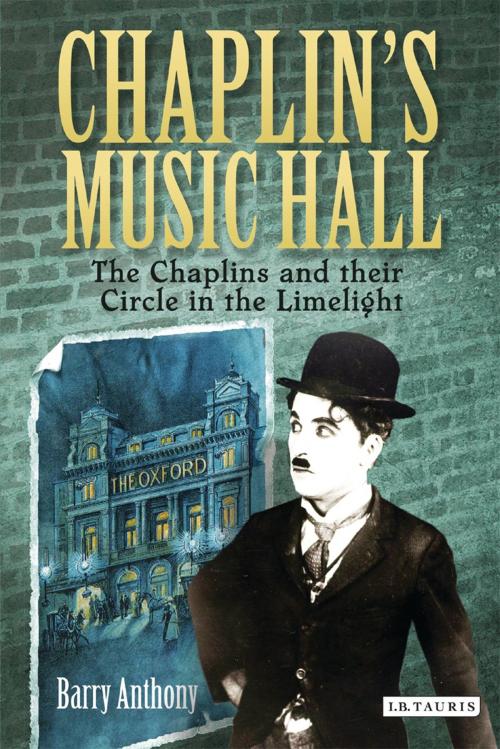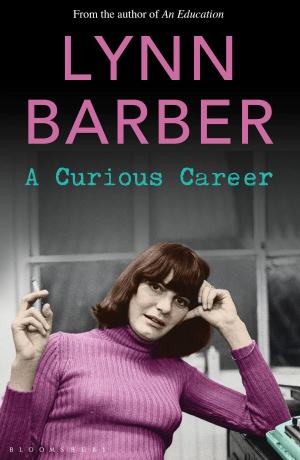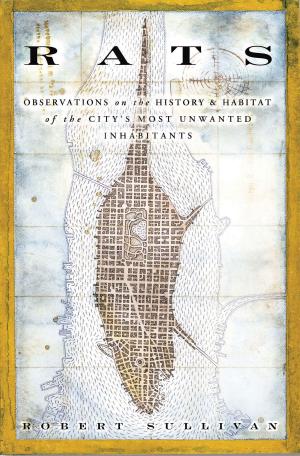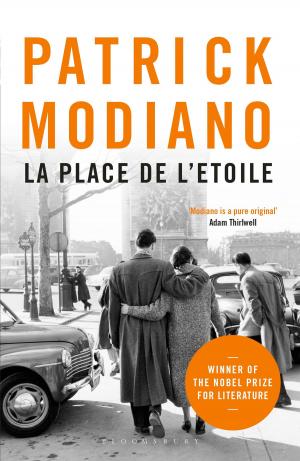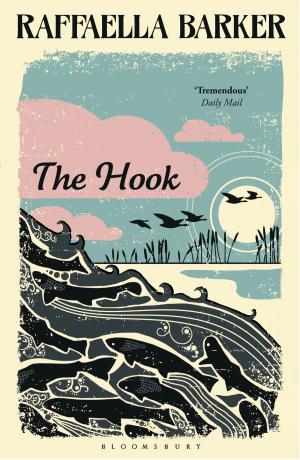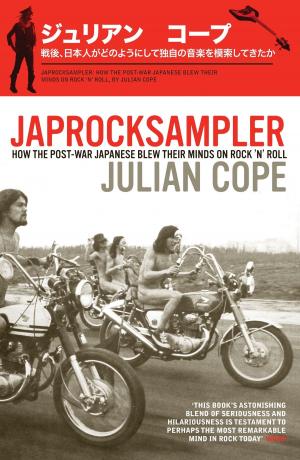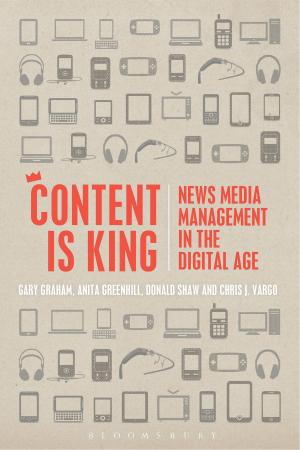Chaplin's Music Hall
The Chaplins and their Circle in the Limelight
Nonfiction, Entertainment, Dance, Performing Arts, History| Author: | Barry Anthony | ISBN: | 9781786723857 |
| Publisher: | Bloomsbury Publishing | Publication: | September 30, 2012 |
| Imprint: | I.B. Tauris | Language: | English |
| Author: | Barry Anthony |
| ISBN: | 9781786723857 |
| Publisher: | Bloomsbury Publishing |
| Publication: | September 30, 2012 |
| Imprint: | I.B. Tauris |
| Language: | English |
Charlie Chaplin grew up in and around the music hall. His parents, aunt and their friends all earned their precarious livings on the stage and Chaplin himself started out his career touring music halls with a dance troupe. His experiences of the culture of the music hall were a major influence, shaping his style of acting and the films he made, most famously Limelight, which tells the story of a failing variety performer and which evoked painful memories of his own past. Chaplin was horrified to see how performers' lives were ruined when their audience turned against them and he was relieved to exchange the stresses of live performance for screen comedy. Barry Anthony here tells the story of the lives and careers of Chaplin's family and their music-hall circle – from 'dashing' Eva Lester to the great Fred Karno and from Chaplin's parents Hannah Hill and Charles Chaplin to 'The Great Calvero' himself. He reveals the difficult and often-tragic lives of London's variety community in the late-Victorian and Edwardian years, a time of great change in the music hall and entertainment scene, and in doing so sheds important new light on the inspiration behind Chaplin's genius, providing a fascinatingly fresh perspective on this popular cultural icon of the twentieth century.
Charlie Chaplin grew up in and around the music hall. His parents, aunt and their friends all earned their precarious livings on the stage and Chaplin himself started out his career touring music halls with a dance troupe. His experiences of the culture of the music hall were a major influence, shaping his style of acting and the films he made, most famously Limelight, which tells the story of a failing variety performer and which evoked painful memories of his own past. Chaplin was horrified to see how performers' lives were ruined when their audience turned against them and he was relieved to exchange the stresses of live performance for screen comedy. Barry Anthony here tells the story of the lives and careers of Chaplin's family and their music-hall circle – from 'dashing' Eva Lester to the great Fred Karno and from Chaplin's parents Hannah Hill and Charles Chaplin to 'The Great Calvero' himself. He reveals the difficult and often-tragic lives of London's variety community in the late-Victorian and Edwardian years, a time of great change in the music hall and entertainment scene, and in doing so sheds important new light on the inspiration behind Chaplin's genius, providing a fascinatingly fresh perspective on this popular cultural icon of the twentieth century.
